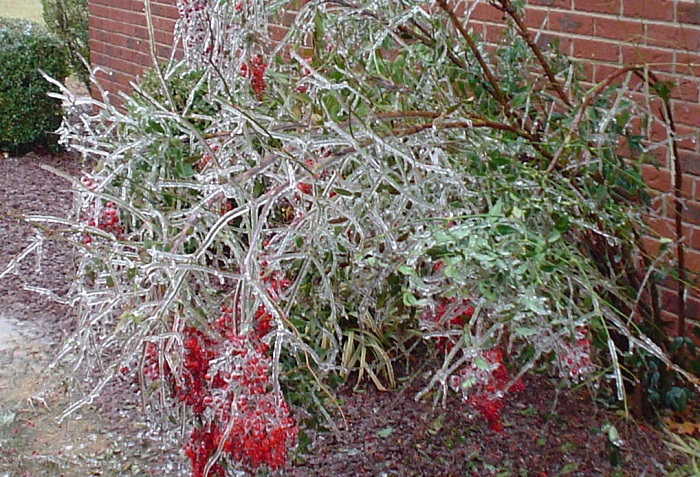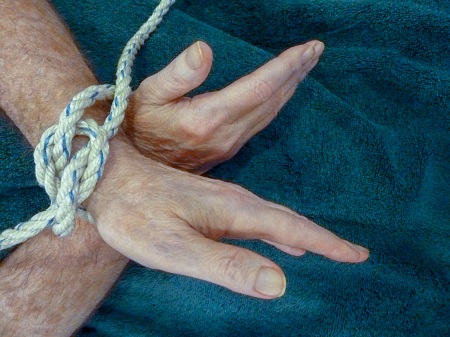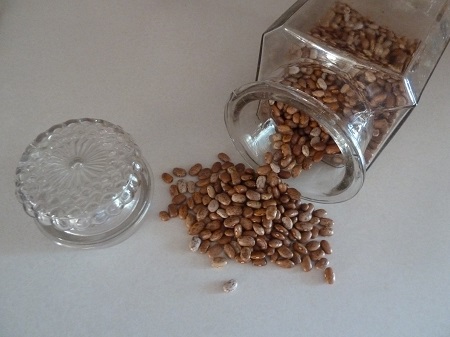Let Up
 A few years ago, everyone hoped an ice storm would soon let up. The heavy ice:
A few years ago, everyone hoped an ice storm would soon let up. The heavy ice:
- Covered and broke limbs on shrubs and trees
- Downed power lines
- Made travel impossible
Sometimes we feel like we cannot get a let up from life’s storms. When it rains, it pours. Problems overwhelm us. We reach the end of our rope.
Recent tornadoes:
- Destroyed homes and property
- Injured and killed people going about their daily lives
- Damaged entire communities
To let up means to slow down or stop.
This can apply to:
- Weather
- Speed
- Hard times
- Physical, mental, or emotional pressure
This expression often applies to relationships.
- Children want parents to let up on rules.
- Employees want bosses to let up on work.
- Many times, we need to let up on ourselves.
Whatever our pressures, God offers relief.
Problems do not always go away. However, God offers peace, hope, and comfort in every situation.
“We are pressured in every way but not crushed; we are perplexed but not in despair” (2 Corinthians 4:8 NIV).
Thanks to Sue Davis Potts for the suggestion.
Do you have an expression you want explained or a thought about this one? If so, please comment below.
Subscribe to receive my weekly posts by email and receive a free copy of “Words of Hope for Days that Hurt.”
If you enjoyed this post, please share it with your friends.

 Get ready. Beware. Katy bar the door.
Get ready. Beware. Katy bar the door. Sometimes life gets so loud I can’t hear myself think.
Sometimes life gets so loud I can’t hear myself think. Old wagons, carts, and carriages remind us that the squeaky wheel gets the oil (or grease). Their rides equal hours of fun — if the wheels work well.
Old wagons, carts, and carriages remind us that the squeaky wheel gets the oil (or grease). Their rides equal hours of fun — if the wheels work well. Last week we explored
Last week we explored  Few of us like to sweat bullets – physical or emotional.
Few of us like to sweat bullets – physical or emotional. Most of us know people who cannot keep a secret. They always find a way to spill the beans.
Most of us know people who cannot keep a secret. They always find a way to spill the beans. Years ago, people treated many medical emergencies at home. One common remedy was to pour or rub salt in a wound. That solution often caused more pain than the original problem.
Years ago, people treated many medical emergencies at home. One common remedy was to pour or rub salt in a wound. That solution often caused more pain than the original problem. How many times have we attempted an impossible task? We try to do something no one can do. Remember, we don’t have to boil the ocean.
How many times have we attempted an impossible task? We try to do something no one can do. Remember, we don’t have to boil the ocean.